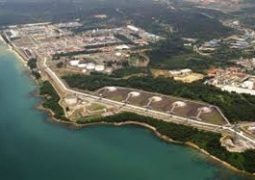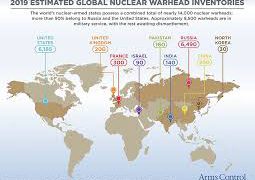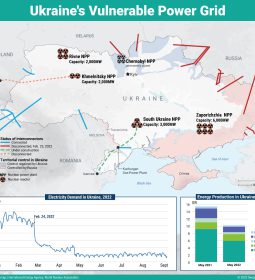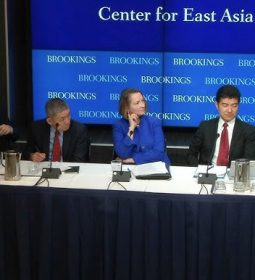Seething Erdogan accuses Israel of ‘barbarism’ in TV interview timed to mark warming of ties
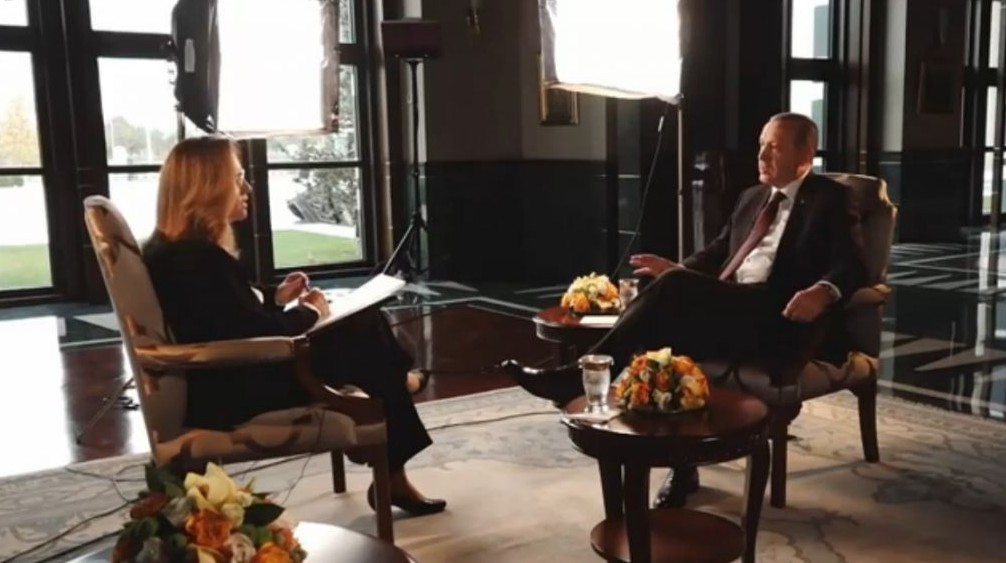
is first interview with the Israeli press in over a decade, Turkish President Recep Tayyip Erdogan on Monday slightly walked back a 2014 assertion that Israel’s military offensive in Gaza was more barbaric than Hitler, but made no apology for invoking the Nazi leader’s name in the context, said he was “well aware” of the sensitivities, and again condemned Israel’s “barbarism” against the Palestinians.
Erdogan spoke to Channel 2’s Ilana Dayan in Turkish in a sweeping, and frequently tense, interview that covered Israel-Turkey relations, the Gaza Strip and the failed coup attempt in Turkey over the summer. The interview, apparently intended to mark a new, warming era in bilateral ties, began politely, but later featured passages where Erdogan, seething, leveled bitter criticism at Israel, especially regarding its policies on the Palestinians. At one point in the interview, Erdogan snapped at Dayan, and told her she couldn’t pressure him and wouldn’t be able to maneuver him “into a corner.”
“I don’t agree with what Hitler did and I also don’t agree with what Israel did in Gaza. Therefore there’s no place for comparison in order to say what’s more barbaric,” Erdogan said when reminded of his 2014 comments.
Asked if he was conscious of the shock his reference to Hitler caused among Jews, Erdogan said “I’m very well aware… But is the Jewish community aware of what is done (in Gaza)? Thousands of people bombed in Gaza and Palestine” in the 2014 war with Hamas.

Turkey’s President Recep Tayyip Erdogan in a Channel 2 interview screened November 21, 2016 (Channel 2 screenshot)
The Turkish president dismissed categorizing Hamas as a terrorist organization, calling it a legitimate political party, and a “refugee movement born out nationalism” that must be part of any future peace deal. He called for Palestinian elections, saying Palestinian Authority President Mahmoud Abbas’s ruling Fatah party has been ineffective. He placed the onus for the failure of Israeli-Palestinian peace talks squarely on Israel, saying he would be willing to broker talks, but that Israel has refused such overtures. He also said he was in “constant contact” with Hamas.
He accused Israel of failing to respect the holiness of Jerusalem, accusing it of trying to change the status quo at the Al-Aksa compound (the Temple Mount). “Jerusalem is holy to three religions. You have to respect that,” he said.

Turkish President Recep Tayyip Erdogan speaks to Israel’s Channel 2 in an interview aired Sunday, November 20, 2016 (screen capture)
Erdogan said he successfully negotiated peace talks between Israel and Syria in 2008, under then-prime minister Ehud Olmert, and that the two sides were on the verge of signing the deal when Operation Cast Lead broke out between Israel and Gaza, scuttling the initiative.
Israel and Turkey are close to an agreement to lift the blockade on the Gaza Strip, he also said, indicating that such a move would further hasten the normalization of Israel-Turkey ties. Asked whether he was confident Hamas would not abuse the lifting of the blockade in order to import weaponry, Erdogan switched the focus to Israel, and castigated “your use of weapons against Gaza.”
He noted that Hamas did not have the “nuclear and conventional weapons that Israel has.” The deaths caused in Israel by Hamas rockets, he indicated, paled by comparison to the “thousands” killed by Israel in Gaza.
When it was put to him that Hamas indiscriminately targets Israeli civilians, Erdogan did not directly address the question. He called for a negotiated solution to bring tranquility to the area.
Asked about the remains of two Israeli soldiers from the 2014 war held by Hamas, he noted that Israel holds “thousands” of Hamas and other Palestinian prisoners in its jails, and suggested an exchange.
Israel and Turkey signed a detente agreement earlier this year to restore diplomatic relations after a five-year chill. Last week, Israel and Turkey exchanged ambassadors in the final stage of an agreement signed in the summer to end the breakdown in relations sparked by 2010’s Mavi Marmara incident.

Turkish President Recep Tayyip Erdoğan interviewed by Israeli reporter Ilana Dayan, November 2016 (Screen capture: Channel 2)
Erdogan said “it is impossible to believe” that the Israeli soldiers who boarded the Mavi Marmara tried to avert bloodshed. (The Mavi Marmara was a Turkish ship leading a protest flotilla to the Gaza Strip in 2010, where Israel maintains a security blockade to prevent ruling terror group Hamas from importing weapons. Israeli naval commandos boarded the ship, were attacked by activists who were waiting for them, and responded with gunfire, killing ten. Ten Israelis were wounded. The incident soured relations between Jerusalem and Ankara for years.)
“We have all of the documents and evidence,” Erdogan said, and “it’s impossible” that the soldiers were acting in self-defense. “Regrettably, 10 of our brothers were martyred there,” he added.
Erdogan dismissed footage of the incident that showed the Turkish activists assaulting the soldiers with metal rods and clubs. “We have all (of the evidence),” he told Dayan. “Speak correctly. The fact that you’re a journalist shouldn’t prevent you from speaking correctly.”
Under the terms of the reconciliation agreement, Israel paid a “lump sum” of $20 million in compensation to the victims. Individual Israeli nationals, including army officers, also would not be held criminally or financially liable for the incident, the deal stipulated. The thaw also paved the way for Israel and Turkey to ramp up cooperation on natural gas development in the Mediterranean.
In the Monday interview, Erdogan also weighed in on the election Donald Trump as the next US president, and his position on Muslims. “I don’t think at all he will adopt such (a negative) approach towards Muslims,” he said. The two had spoken by phone, he added, noting that he had not been surprised by the election result. “Every country needs a strong leader in order to progress. A country without a strong leader will go down,” he said.
- Previous S. Korea’s Cabinet approves intel-sharing pact with Japan
- Next U.N.’s Syria Envoy Suggests Donald Trump Has Limited Window to Work With Russia







